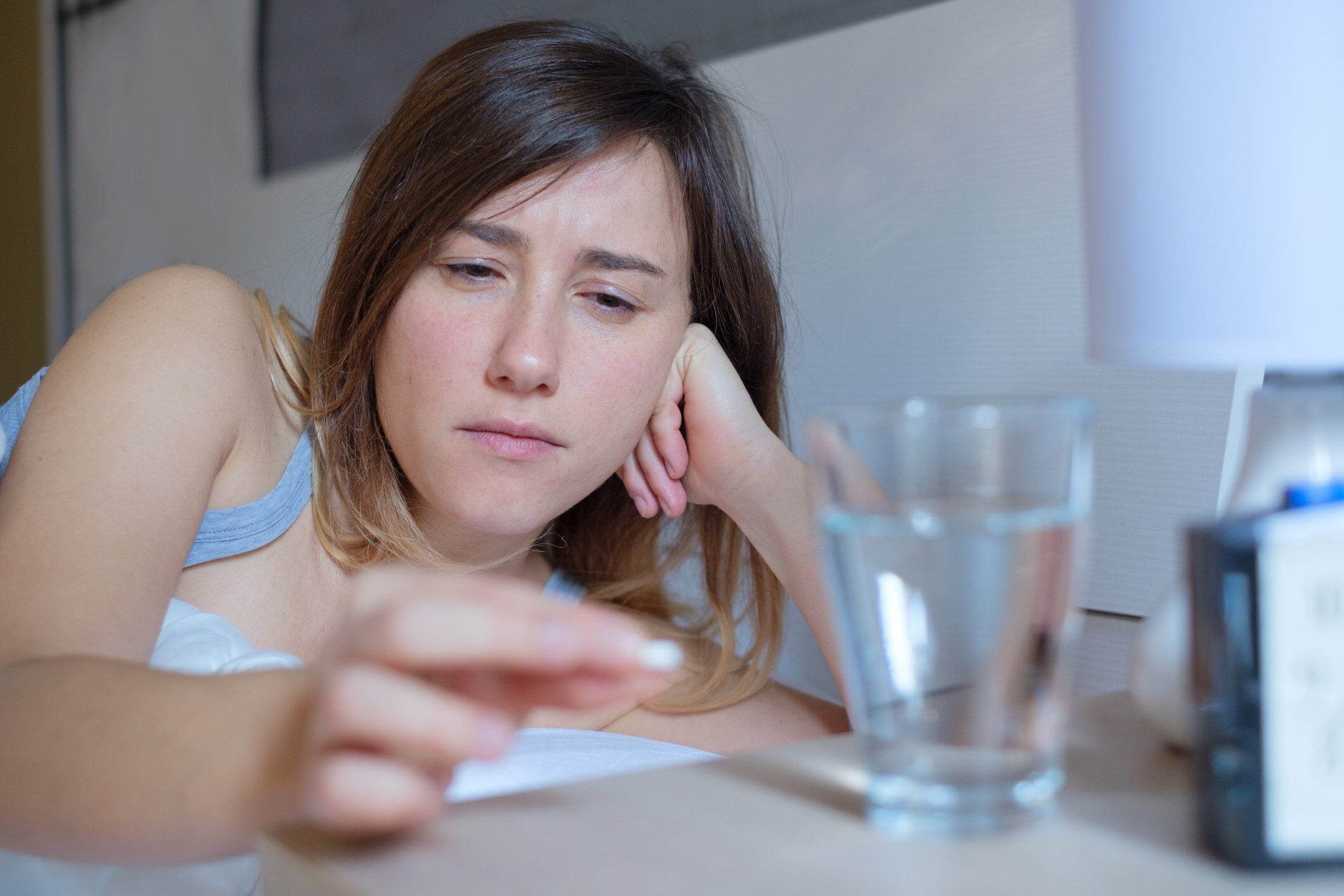Sleep is a fundamental aspect of us being in good physical and mental health condition. While breathing is considered the most essential bodily function, sleep comes in as a close second! We can survive for days without food and water, but without sleep, our health and wellbeing quickly deteriorate. Unfortunately, many people struggle to achieve quality sleep night in night out, and this can significantly impact their mental health. Sometimes as well, our mental health state strongly affects the quality of our sleep, so sleep and mental health are interrelated. Let’s dive in to explore the relationship between sleep and our mental health and understand how we might improve both.
Sleep’s role in Mental Health
Sleep is a critical aspect of our mental health. Research shows that sleep is essential for the restoration of brain function and for emotional regulation. A good night's sleep helps improve our mood, enhance our memory and concentration, and can boost our creativity and problem-solving abilities. On the other hand, studies also indicate that a lack of sleep can increase our risk of developing depression and anxiety, and lead to negative effects on our mood and cognitive performance. Plus, a consistent lack of sleep has been linked to a wide range of health problems, including obesity, mental health conditions, effects on the immune system, diabetes, cardiovascular disease, and even a shortened life span as a result.1
Types of stress that can affect mental health
There are two types of stress: acute and chronic stress. Acute stress happens when we feel immediate danger or pressure, like when we're giving a presentation at work, planning for a wedding, hosting a family event, or playing a competitive sport. It's normal and usually goes away quickly. Chronic stress happens when we feel stressed for a long time, like when we have a lot of project work on, pressure with raising a family, problems with finances, or trouble in our relationships. This kind of stress can hurt our mental health and make us feel anxious or depressed over a longer period. It can also make it hard to sleep well.
Depression and Anxiety’s role in Sleep
Depression and anxiety are two mental health conditions that can significantly impact our sleep quality. Individuals with depression often experience insomnia, excessive sleepiness, or both. Anxiety, on the other hand, can cause difficulty in falling asleep and staying asleep. Both conditions can lead to a lack of restorative sleep, which can further exacerbate the symptoms of depression and anxiety. Notably however, not everyone with depression and anxiety have problems with sleep.2,3
CBT-I Insomnia as treatment
Cognitive Behavioural Therapy for Insomnia (CBT-I) is an evidence-based treatment for insomnia. CBT-I focuses on changing negative thought patterns and behaviours that contribute to insomnia. It is a short-term, goal-oriented therapy that can be delivered to patients face to face or online through a digital program (“dCBT-I”). CBT-I can help people with insomnia develop good sleep habits, such as creating a relaxing sleep environment and establishing a regular sleep schedule. CBT-I can also help people with depression and anxiety by teaching them coping strategies such as deep breathing, progressive muscle relaxation, or guided imagery. Additionally, CBT-I can help people develop a positive mindset towards sleep, reducing the worry associated with insomnia.4
We are proud to offer somnio, our digital CBT-I program that can help you overcome the core root problems of insomnia, and can assist with falling asleep faster and optimising your sleep times. Somnio was clinically designed and can be completed over a 10-week period in the comfort of your own home. We designed somnio to provide the highest quality of care, and we want to help you achieve quality sleep to improve your overall mental health and wellbeing.
In conclusion, sleep and mental health are connected. A lack of good quality sleep can lead to negative effects on your mood, attention, and cognitive performance, as well as emotional regulation. Lacking good sleep will likely impact physically on your body too. Chronic stress, anxiety, and depression can further exacerbate sleep problems, leading to a vicious cycle that can impact your overall mental health. Fortunately, treatments such as CBT-I can help people develop good habits and manage sleep-associated stress. If you are struggling with sleep, we encourage you to take steps towards achieving better sleep. Maximising your sleep quality can significantly improve your mental health and well-being. There's nothing more important than getting a good night's rest!
.webp?width=1158&height=143&name=Combined%20logo%20-%20Ecom%20Main%20300x200%20(1).webp)




